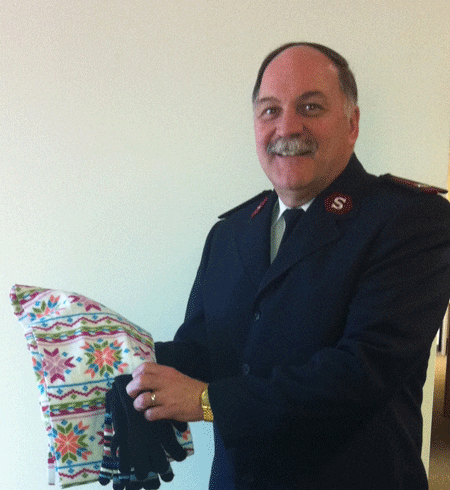Insularity vs. Community
by Robert Docter, Editor-In-Chief –
It is true that people are affected in fundamental ways by the people with whom they choose to relate. This is true at any age. The nature of the child’s attachment to the maternal figure can closely affect the child’s personality development and willingness to venture forth and use or misuse freedom.
Some classic studies of identical twins reared in separate homes reveal important differences in personality. Some studies indicate startling changes in measurable intelligence as a result of changes affecting individuals socially.
People affect us, but we have the choice to determine the results.
Philip Yancy, writing in his book Soul Survivor – How my Faith Survived the Church, changed his early perception of Christianity from his upbringing in a highly exclusive and conservative southern church that advertised itself to the world as a “New Testament, Blood-bought, Born-again, Premillennial, Dispensational, fundamental …” you get the idea. He said: “Our little group of two hundred people had a corner on the truth, God’s truth, and everyone who disagreed with us was surely teetering on the edge of hell.” He changed as he came to understand the teaching of Jesus more fully, and broadened his reading of other Christian writers. He changed the nature of his relationships without losing the core of his belief system – Jesus.
David Brooks, writing an op-ed piece in a recent New York Times (Sep. 12, 2008), bemoaned the failure of his political party to move away from Barry Goldwater’s individualistic conception of conservatism as ‘Every man, for his individual good and for the good of society, is responsible for his own development. The political implications of this are clear,’ Goldwater wrote. ‘Conservatism’s first concern will always be: Are we maximizing freedom?’”
Brooks continued: “The problem is, this individualistic description of human nature seems to be wrong.” He then continues to explore briefly 30 years of research all “underlining one old truth – that we are intensely social creatures, deeply interconnected with one another and the idea of the lone individual rationally and willfully steering his own life course is often an illusion.”
“What emerges,” (from the research) Brooks writes, “is not a picture of self creating individuals gloriously free from one another, but of connections, relationships, institutions and social filaments that organize personal choices and make individuals what they are.”
Too many of us glorify the image of John Wayne on some dusty street in the old west protectin’ the town from the “bad guys” – or maybe, Clint Eastwood as Dirty Harry telling some hood to “… go ahead, make my day” – or maybe it’s Stephanie Plum in some Janet Evanovich novel doing her own thing without any help.
Then, we try to make the image a reality by living it.
These characters are insulated from the world. They live alone and seem to have a difficult time with relationships. They see the world through lenses that reveal only polarities. There are no shades of gray. They base their action choices on their own perceptions of good and evil, right and wrong. They present exciting drama. They are not representations of life as actually lived.
These flawed heroes and heroines become a model of individualism that tends to overemphasize the value of freedom to the near exclusion of the reality that we live in a world populated with other people. If they went to a church they’d arrive late and leave early. They seem to ignore any sense of responsibility to a broader community.
Going it alone does not result in building connections or institutions that fully provide opportunities for individual development. To do this, we must build community. It takes a group of people to do this. Such a group has common interests and shared goals. It is willing to invest time and energy in relationships, communication, negotiation, and commitment both to the process and the product of their joint effort.
Many Army corps have successfully developed such a community of worshippers. Some have done this very well. Unfortunately, too many of them fail to take the next step – that of becoming a strong participant in the broader community. They remain insular. We pride ourselves on serving the individual – “one person at a time.” Too often, in our insularity, we neglect following-up with that individual. We need to free ourselves from exclusionary practices and demonstrate a significant genuine interest and a willingness to invite them to participate in the established church community.
We also need to take the strength of our micro community and become more of a working participant in the macro community. What gain is there for evangelists who engage in exclusionary practices?
The uniform becomes a valuable tool for involvement in the broader community. It is easily recognized. The wearer becomes instantly “visible” in a world of invisible individuals. It speaks of a commitment to a higher order of things – to a belief system actualized with love for all humanity. Showing up, for example, at the town’s council immediately indicates a willingness to be involved. It shows a broader interest in the broader community – and it shows a desire to be part of helping examine current problems within that community.
Robert Fulghum ends his little essay titled All I really need to know I learned in kindergarten with this final sentence: “And it is still true, no matter how old you are – when you go out into the world, it is best to hold hands and stick together.”












